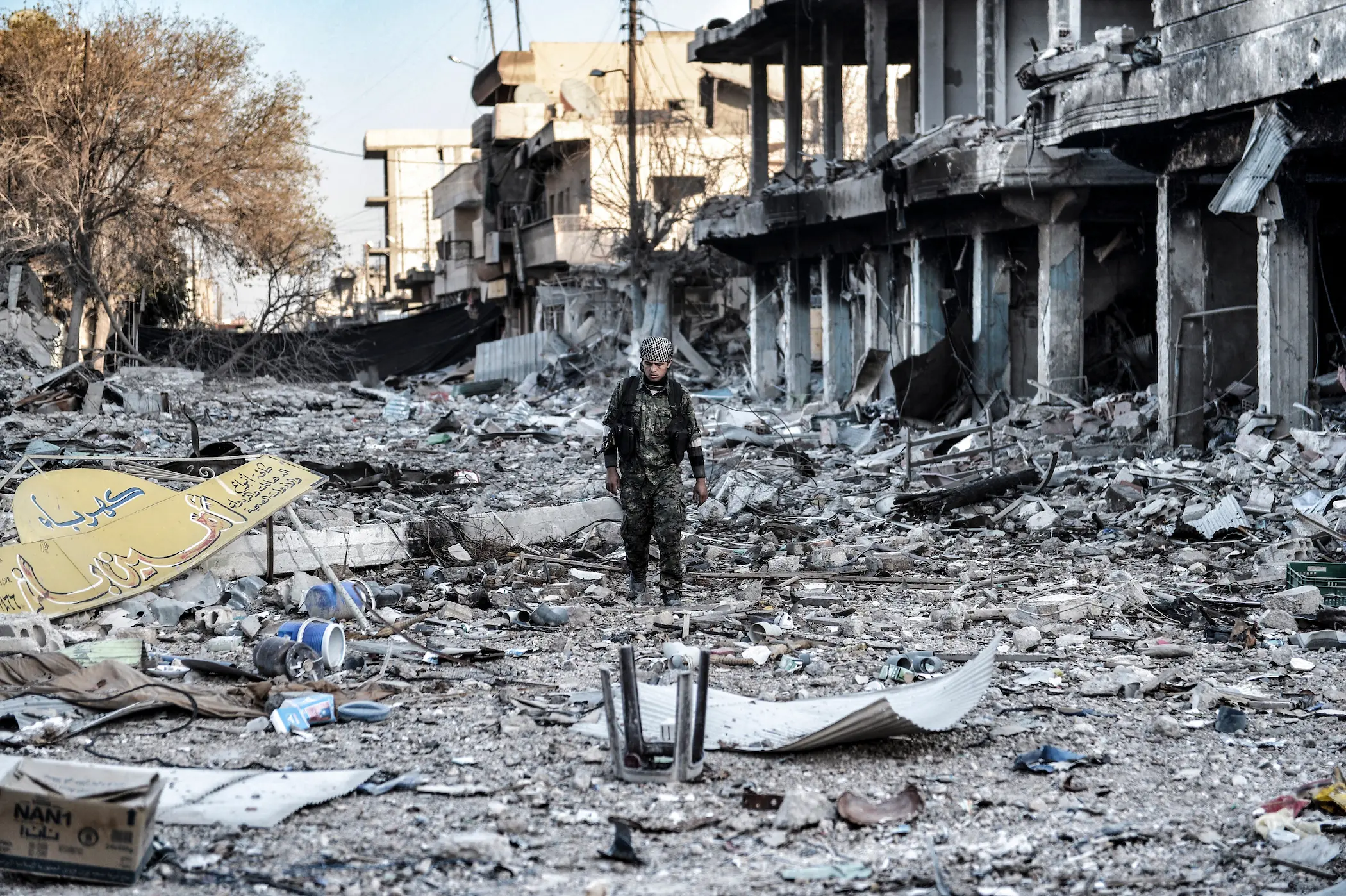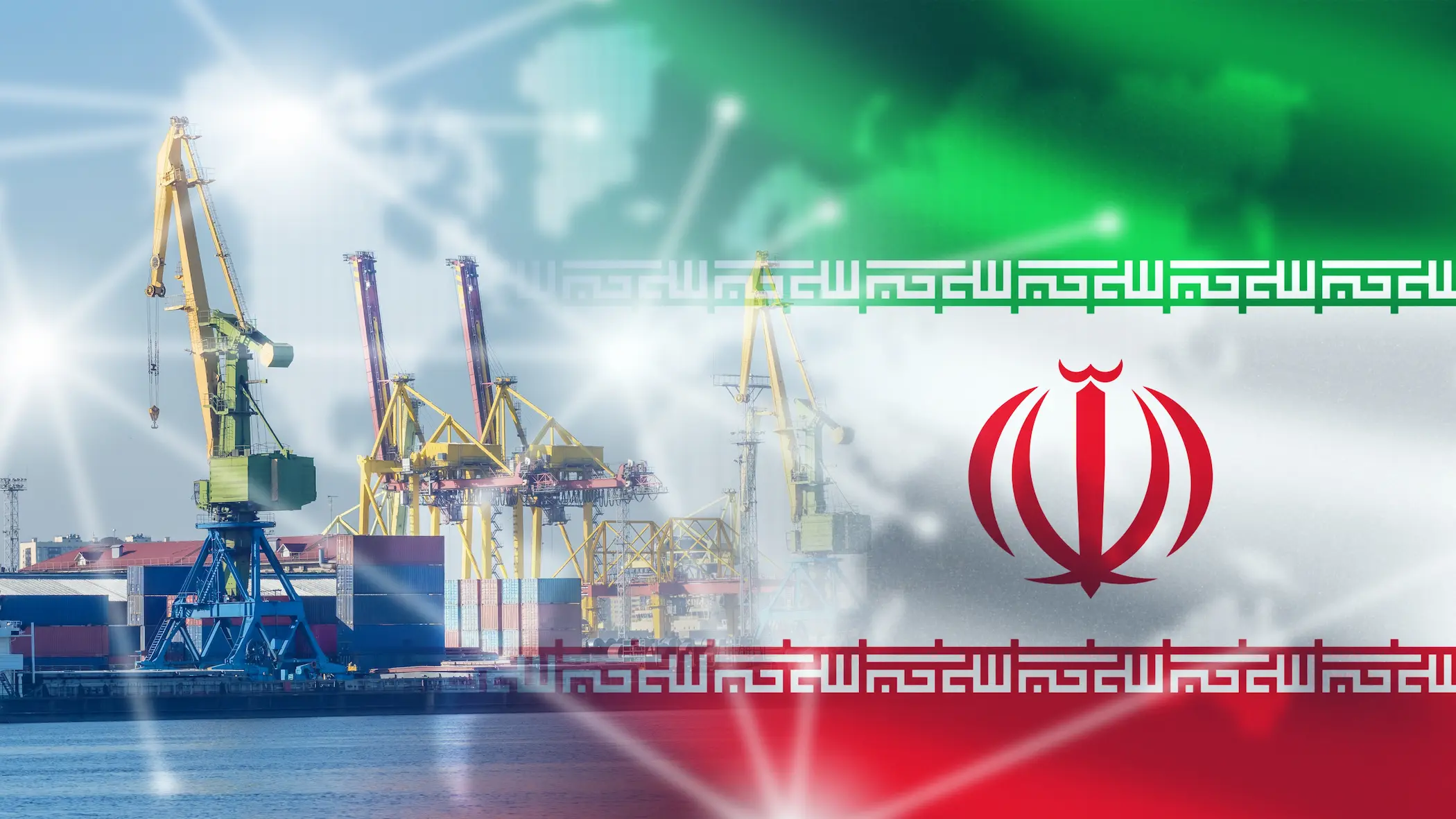This June, citizens of the European Union will head to the ballot boxes for the highly anticipated parliamentary elections. Migration has always been a significant issue for both voters and candidates. However, several commentators, citing opinion polls, argue that migration may no longer be a top concern, overshadowed by issues such as economic turmoil, COVID-19, and climate change. Despite this, further analysis suggests that migration continues to be an important issue. While respondents might not explicitly mention migration when asked about their concerns, it remains significant, as evidenced by the attitudes of candidates and their emphasis on the topic. This underscores the continuing importance of migration in the upcoming elections and its significance to the results.
It Doesn’t Exist in Vacuum
With the European elections approaching, opinion polls serve as indicators for predicting who might win and who may be lagging behind. Additionally, these polls help observers understand the key issues and variables dominating the political scene. Recent studies on the upcoming European elections have provided figures measuring the importance of specific issues, including migration, for voters and their potential impact on the election results. For instance, in a recently conducted poll, in response to the question, “Which of the following issues has, over the past decade, most changed the way you look at your future?” migration ranked fourth, following COVID-19, climate change, and economic turmoil. While many commentators see this as a sign of migration’s diminishing importance, it can be argued that these numbers might be misleading for several reasons.
To begin with, pollsters can receive different answers from the same person due to the wording of the questions. For instance, when asked about the future in the aforementioned poll, most respondents are likely to think of issues commonly associated with future concerns in the dominant narrative, such as environmental issues and economic conditions. Migration might not immediately come to mind in this context. However, different wordings could yield different responses. For example, if Europeans were directly asked whether they perceive migration as a threat or a benefit, the answers might vary significantly.
Accordingly, In the same study, European voters were also asked about their opinions on the EU’s handling of major issues, including climate change, immigration, COVID-19, Russia’s invasion of Ukraine, and economic turmoil. Among these issues, immigration received the highest percentage of negative responses, with 71% of respondents in the immigration category rating the EU’s handling of the situation as “very bad”. This suggests that, despite its lower ranking in terms of future concerns, migration remains a significant issue for many voters.
These numbers support the argument that the way questions are phrased can yield different results. When immigration is explicitly mentioned in the question, it is perceived as the most salient issue. However, attributing the difference solely to question wording is not a comprehensive argument. Another explanation for why migration might not immediately come to mind when respondents are asked about the most important issues facing the bloc, and thus does not score as high as other issues, lies in the unique nature of migration as an issue and its particular characteristics.
It is contended that the primary determinants influencing attitudes toward immigration are typically rooted in early-life socialization, psychological predispositions, and an individual’s broader political orientation. These factors are characterized by their stability and resistance to changes. However, despite their enduring nature, attitudes toward migration can be subject to transformation as a result of external factors rather than internal ones. In other words, changes in the surrounding environment, including structural shifts and alterations in other variables, can induce temporary fluctuations in attitudes toward migration as an issue. Consequently, the significance of immigration, as an exogenous variable, becomes highly volatile, as it is influenced by immigration-related occurrences such as influxes or crises, economic conditions and also by the prominence of other societal concerns.
That being said, and because migration as a concern does not emerge in vacuum, the mounting concerns surrounding issues such as the increasing cost of living, poverty, and unemployment, often scapegoating immigration in both media discourse and political rhetoric, impacts how people perceive migration. These concerns may also correlate with, or contribute to, apprehensions regarding the increasing influx of immigrants and asylum seekers into Europe. The Eurobarometer poll, which regularly gauges public sentiment, identifies poverty, the cost of living, and social exclusion as the foremost concerns among voters who are preparing to elect a new European parliament. Prior to immigration, issues such as health, employment, defence, security, and even the climate crisis take precedence in the public consciousness.
This trend persists even in countries like Italy, where there was a notable surge in irregular migration from Tunisia across the Mediterranean the previous year, as well as in Hungary, Portugal, Romania, and Slovakia. Having these issues lying at the top of the list of the most concerning issues does not negate the fact that migration is important, however, it feeds into the salience of it given the fact that all these variables impact and are impacted by migration in a way or another.
Politicians Understood the Assignment
While numbers can sometimes be misleading, European candidates demonstrate shrewdness and keen awareness of their constituents’ sentiments, often extending beyond mere reliance on poll results. Examining the leading parties running for the upcoming Parliamentary election, it becomes evident that migration holds a significant place in all European parties’ manifestos. These documents extensively discuss how migration is perceived and how the EU should address it. Nonetheless, domestic and regional politics underscore the increasing significance of migration as an issue. The growing popularity of far-right parties among voters has prompted centrist policymakers and mainstream parties to adjust their narratives, adopting a more anti-immigration stance. Examples of this shift include the passage of a new migration law by the French parliament last December and European Parliament’s President Ursula Von der Leyen’s modification of her stance on migration.
Certain parties, like the European People’s Party (EPP), originally positioned as centre-right, have shifted toward a more far right-leaning stance, particularly concerning migration issues. In their manifesto, they advocate for “fundamental changes in the European asylum system” and emphasize the necessity of determining both who receives asylum and where it is granted. The specificity of these provisions gains significance, especially in light of models like the “UK-Rwanda” arrangement. Similarly, right-wing parties like the European Conservatives and Reformists (ECR) advocate for heightened border security measures in their manifesto, including “proactive measures beyond our borders” to curb migrant influxes. The migration and asylum pact features prominently in these manifestos, viewed as an initial step toward bolstering Europe’s security.
While some mainstream parties and politicians have shifted toward the right, others have maintained a left-leaning stance in their manifestos. For instance, Renew Europe emphasizes the importance of upholding human rights and treating asylum seekers with dignity, as well as the necessity of legal clarity in handling their cases. On the other hand, both the Greens and the Party of the European Left (PEL) have voiced criticisms against the recently passed migration and asylum pact by the European Parliament. The Greens have denounced what they perceive as “dirty deals” with third states and have called for greater accountability for Frontex, the EU-led search and rescue mission in the Mediterranean. Meanwhile, the PEL has taken a more radical stance, advocating for the abolition of the Dublin Agreement and the cancelation of the new pact altogether. The centre-left Progressive Alliance of Socialists & Democrats (S&D) has called for the establishment of safe borders and the protection of human rights in the treatment of migrants.
The approach taken by European policymakers and candidates in addressing the issue of migration underscores its significance and prominence, highlighting its pivotal role in the upcoming elections. While a general trend toward right-leaning positions is observed, some parties are opting for a leftist stance. While these positions are often rooted in party beliefs and doctrines, political calculations likely also influence their choices.
Basically, leftist parties may be banking on recent studies suggesting that the plight of refugees fleeing armed conflicts and climate change, whether from Gaza, Ukraine, or the Horn of Africa, is resonating with Europeans, softening their hearts and resistance to migration. This suggests that the issue of migration is far more nuanced than mere numerical data would suggest. It is influenced by various variables and the broader structural environment. Therefore, polls indicating a lack of momentum on migration may not accurately capture its true significance and necessitate further investigation and analysis. Accordingly, migration emerges as a critical issue in European politics, with significant implications for the outcomes of the upcoming European elections.
References
Kustov, Alexander. “How Immigration Could Shape the Elections of 2024.” EUROPP, February 19, 2024. https://blogs.lse.ac.uk/europpblog/2024/02/19/how-immigration-could-shape-the-elections-of-2024/
Leonard, Mark, and Ivan Krastev. “A Crisis of One’s Own: The Politics of Trauma in Europe’s Election Year.” ECFR, February 8, 2024. https://ecfr.eu/publication/a-crisis-of-ones-own-the-politics-of-trauma-in-europes-election-year/
Matteo__Pedra, Matteo Pedrazzoli, Federico Baccini @federicobaccini, Simone De La Feld @SimoneDeLaFeld1, and Emanuele Bonini emanuelebonini. “From Asylum Pact to Border Pact. Von Der Leyen’s Change of Narrative on Migration.” Eunews, March 12, 2024. https://www.eunews.it/en/2024/03/07/from-asylum-pact-to-border-pact-von-der-leyens-change-of-narrative-on-migration/
Matteo__Pedra, Matteo Pedrazzoli, Federico Baccini @federicobaccini, Simone De La Feld @SimoneDeLaFeld1, and Emanuele Bonini emanuelebonini. “The Parties’ Electoral Agendas/ 3: Migration between Externalization, New Pact and Strengthened Borders.” Eunews, May 21, 2024. https://www.eunews.it/en/2024/05/14/european-elections-manifesto-migration/
Merritt, Giles. “Migration Will Decide the EU Elections: True or False?” Friends of Europe, April 23, 2024. https://www.friendsofeurope.org/insights/migration-will-decide-the-eu-elections-true-or-false/
Millender, Michaela. “Intelbrief: How Will Migration Impact the Electoral Prospects of Europe’s Far-Right?” The Soufan Center, January 9, 2024. https://thesoufancenter.org/intelbrief-2024-january-10/
O’Carroll , Lisa. “Poverty Is Bigger Issue for EU Voters than Migration, Survey Shows.” The Guardian, April 17, 2024. https://www.theguardian.com/world/2024/apr/17/poverty-is-bigger-issue-for-eu-voters-than-migration-survey-shows
Party, EPP – European People’s. “European People’s Party.” EPP, 2024. https://www.epp.eu/papers/epp-manifesto-2024























Comments